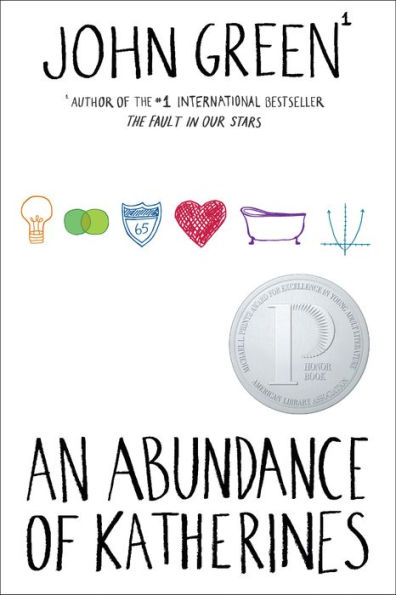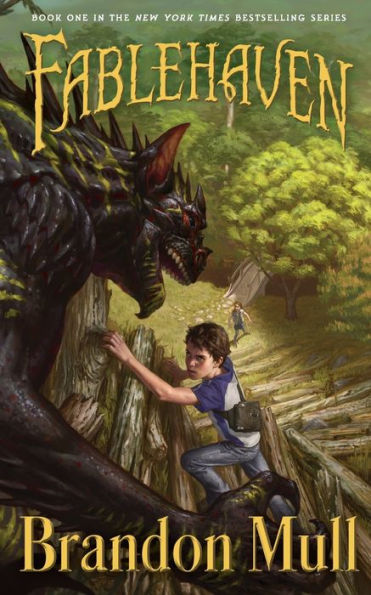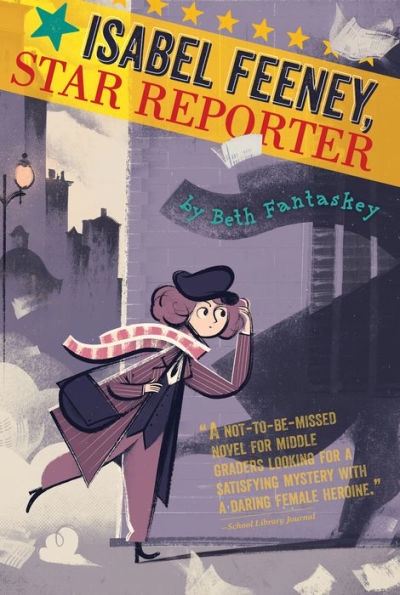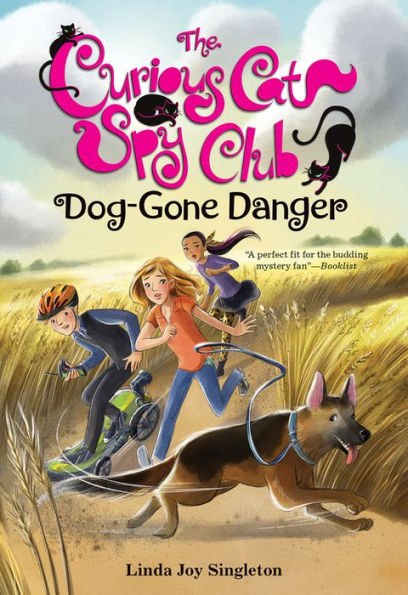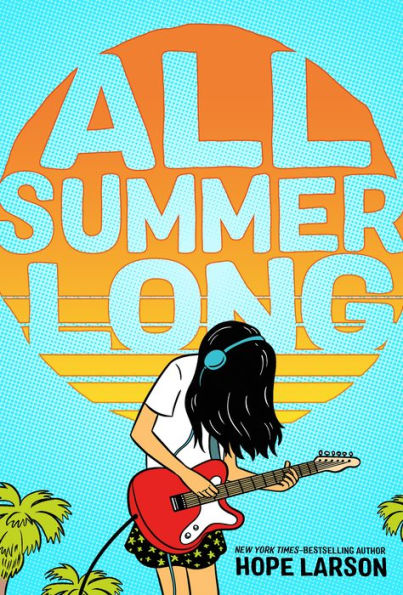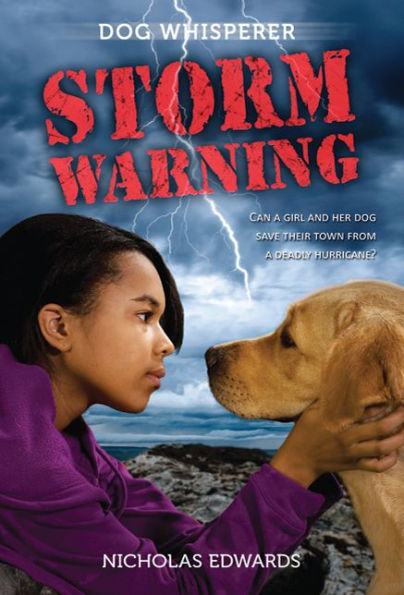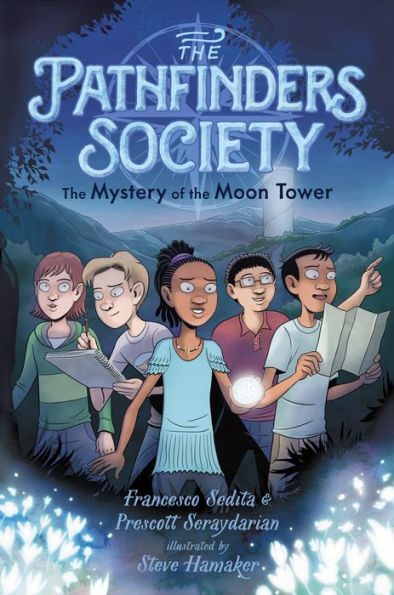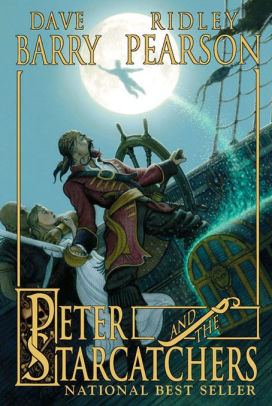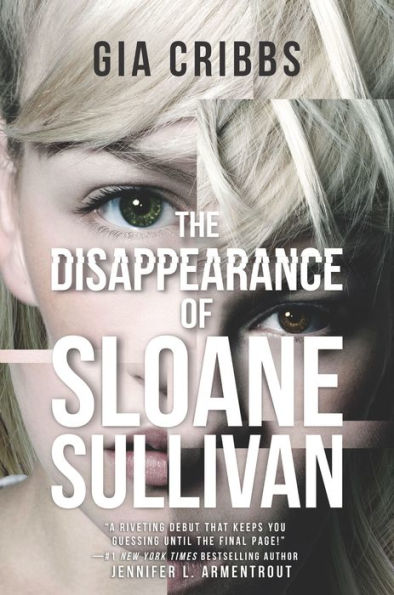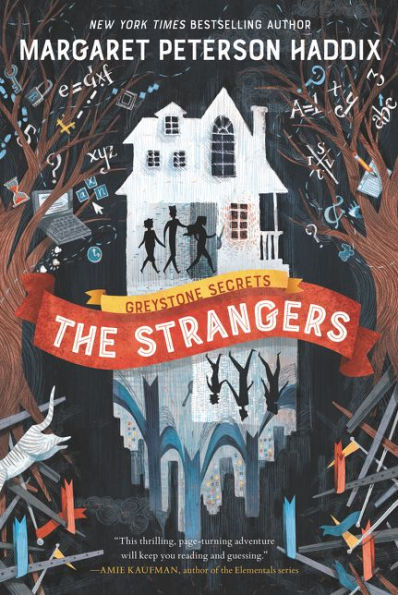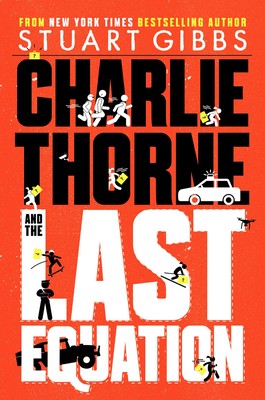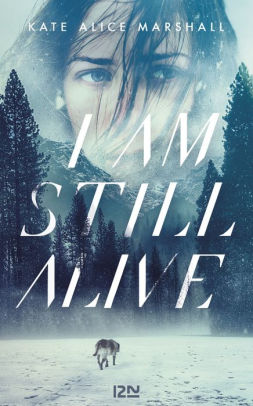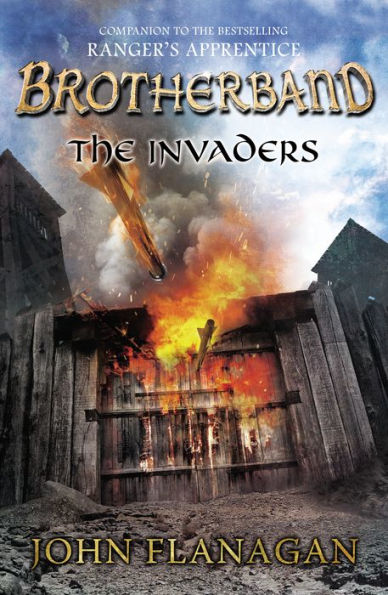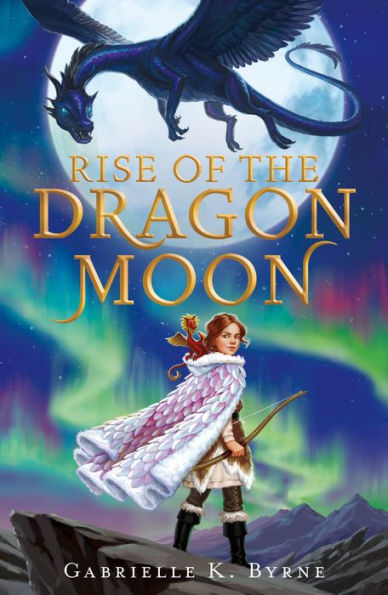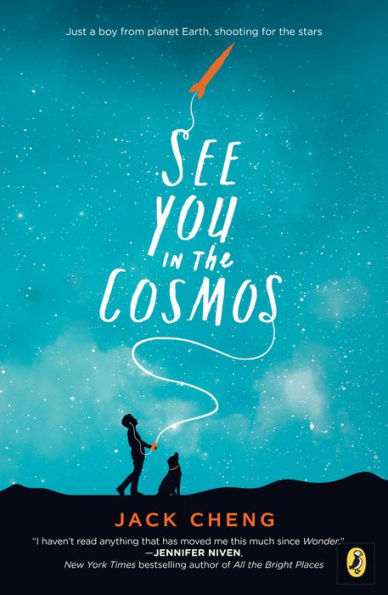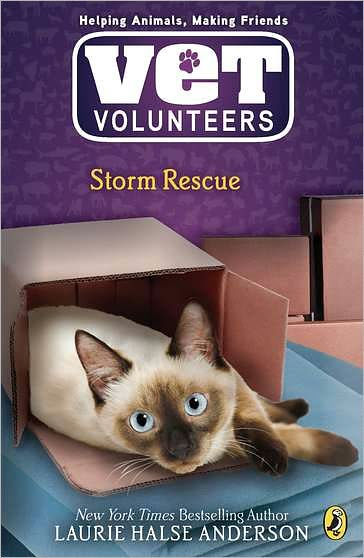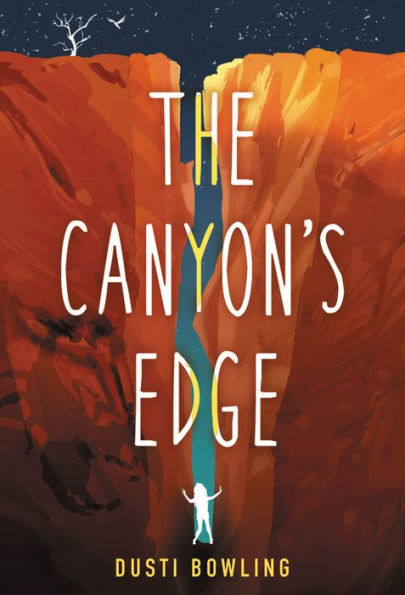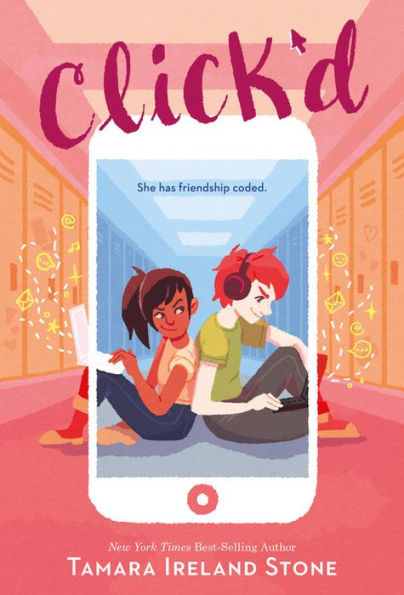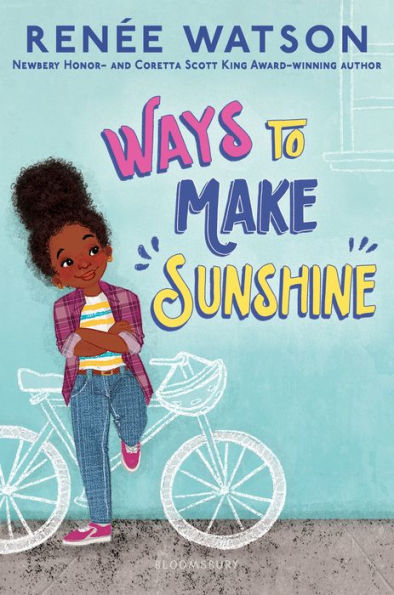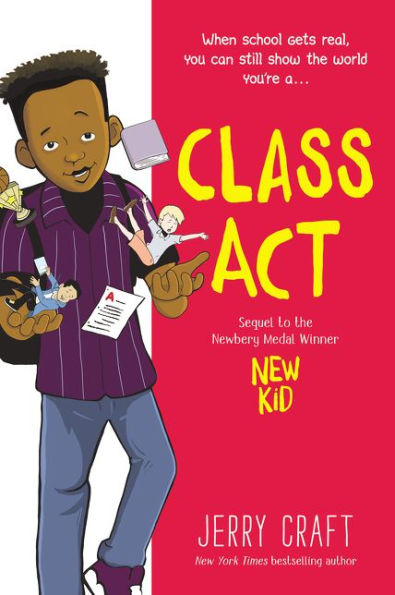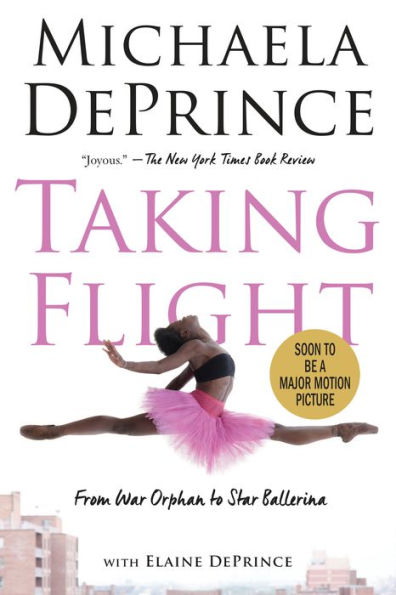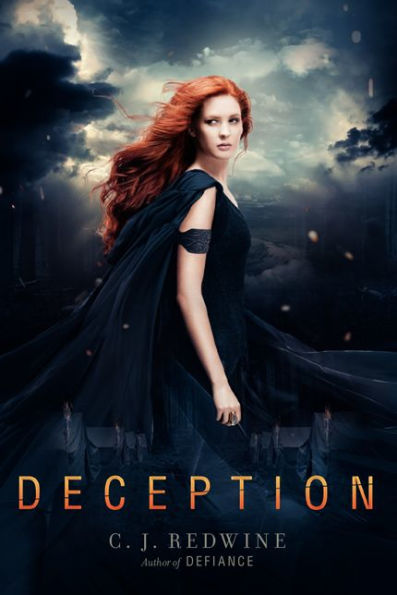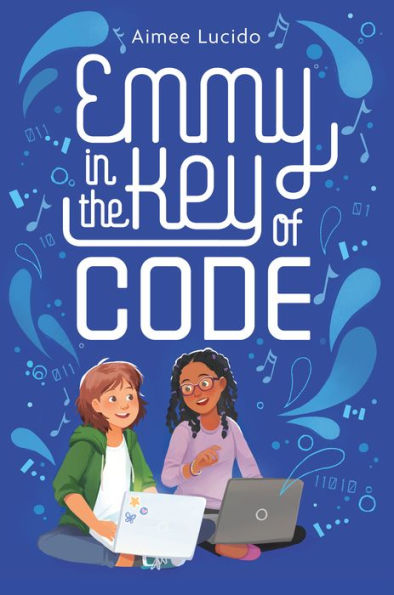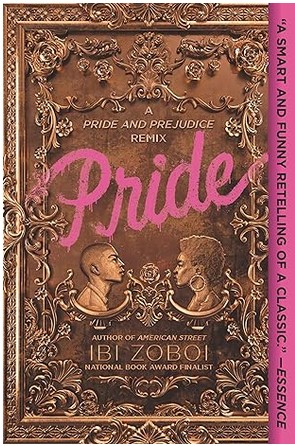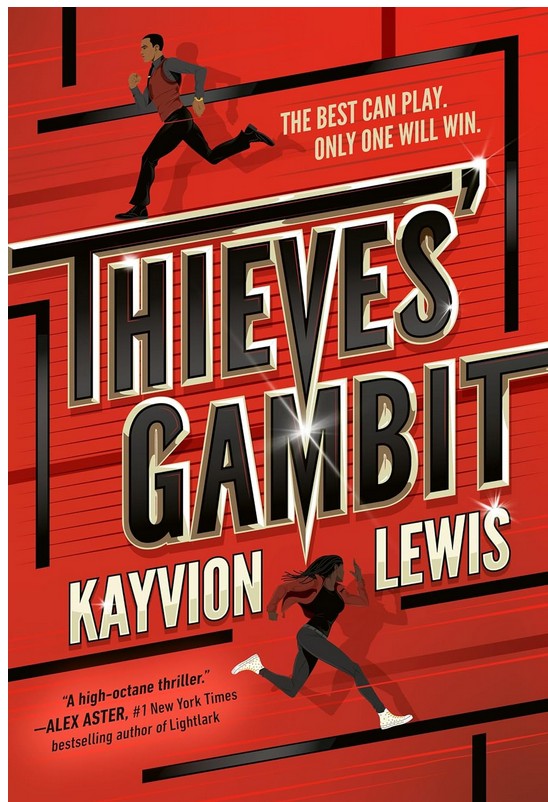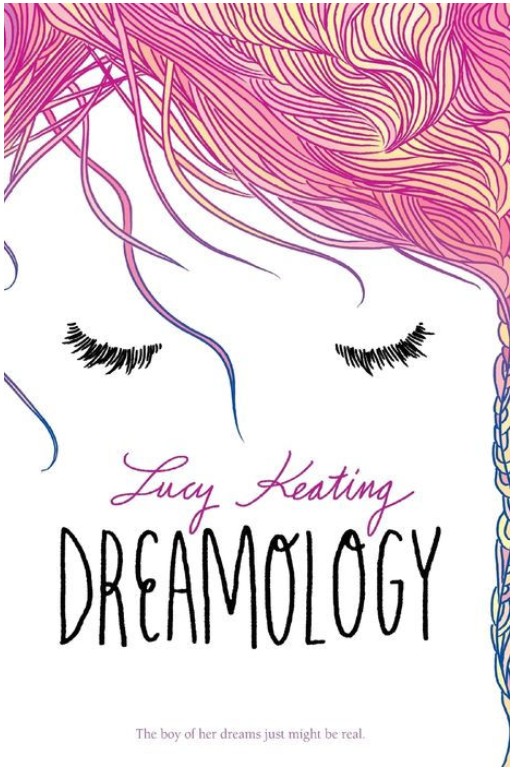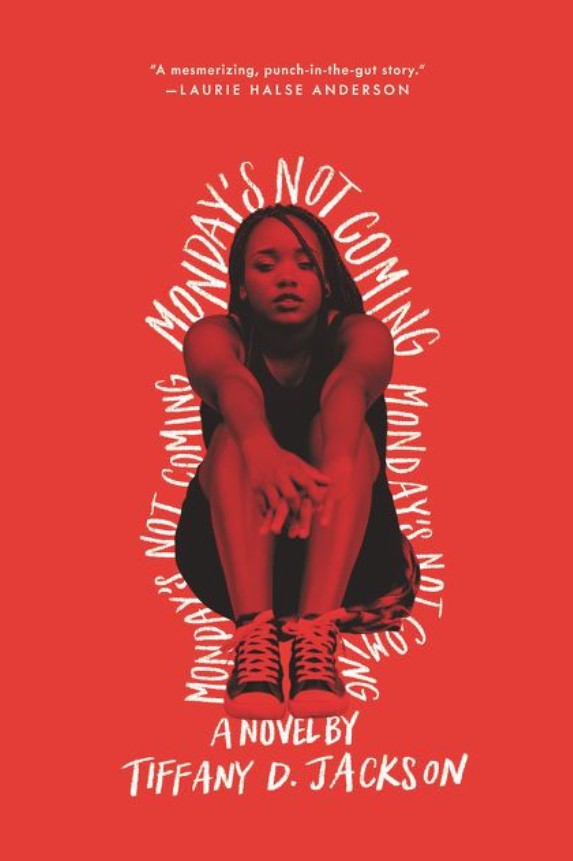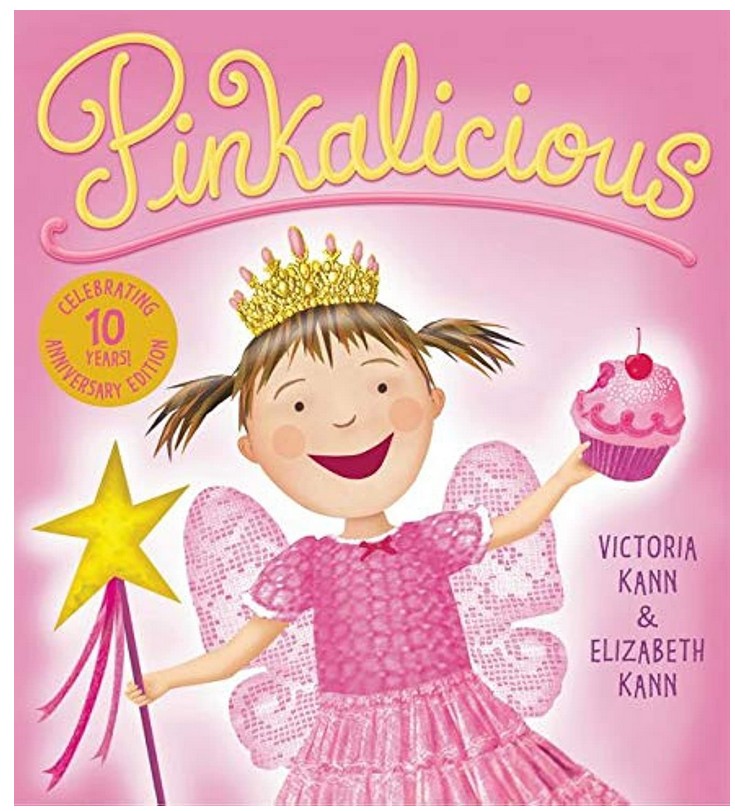Just hours after graduating from high school, Katherine XIX dumps Colin Singleton. Colin grew up as a child prodigy, who does not get along well with others. And he only falls for women named Katherine. He understands that his role in the universe was to fall in love with Katherines and then to inevitably be dumped by them.
Following the break-up, Colin’s only friend, Hassan, takes Colin on a road trip. They end up in Gunshot, Tennessee where they meet Lindsey. Lindsey’s mother offers Colin and Hassan a summer job collecting an oral history of the small town. The two boys interview people about their experiences in Gunshot. At the same time, Colin works on creating a mathematical theorem to graph, describe, and predict relationships.
An Abundance of Katherines follows Colin as he grapples with finding his purpose in the world. Colin struggles with being an incredibly gifted child prodigy but feeling as though he is failing to live up to his expected potential. Colin states, “Prodigies can very quickly learn what other people have already figured out; geniuses discover that which no one has ever previously discovered. Prodigies learn; geniuses do.” Colin also struggles with the expectations his parents have for him, as his father always pressures him to not only be a prodigy but also to grow into a genius. This causes Colin to frequently have anxiety when he fails to meet these unrealistic goals. But Colin is still determined to make his mark on the world and be remembered.
Colin, Hassan, and Lindsey are likable characters who provide many perspectives. Although the book is only told from Colin’s perspective, Hassan and Lindsey’s experiences are thoroughly described as they spend every day with Colin. Colin provides meaningful insights into a gifted child struggling with failure and navigating the process of growing up. Readers will be able to relate to Hassan who struggles with discrimination and finding motivation in life’s endeavors. In addition, Lindsey’s perspective helps readers understand the struggle to identify their true self.
This upbeat novel takes the reader on a journey of self-discovery and maturing into adulthood. An Abundance of Katherines will resonate with readers of different ages because of the relatable conflicts. As teenagers transition into adulthood, they might grapple with understanding their place in the world. Colin’s journey provides readers the opportunity to feel less alone in these struggles, while also providing an entertaining, hilarious story. Ultimately, Colin finally has his Eureka moment by discovering, “You matter as much as the things that matter to you do.”
Sexual Content
- Hassan frequently refers to his penis, which he has named “Thunderstick.”
- Colin jokes with Hassan. Colin says that if he had religious beliefs, “I’d like to believe that I could fly into outer space on the fluffy backs of giant penguins and screw Katherine XIX in zero gravity.”
- Sexual intercourse is insinuated a few times. For example, Colin was surprised his parents were allowing him to go on a road trip, but he assumed “maybe they just wanted a few weeks alone to rekindle the romance.”
- Colin and Hassan see Lindsey’s purple bra. During this interaction, Colin thinks back to Katherine XIV “who wore a black bra and everything else.” He also thinks about other girls’ bras he had seen.
- Colin recalls his time with Katherine XIX where they “climbed into bed downstairs, she pulled off his shirt and he hers, and they kissed until his lips were numb except for tingling.”
- While thinking about his failed relationships, Colin has his Eureka moment, describing it as, “feeling like a thousand orgasms all at once, except not as messy.”
- When Colin meets Lindsey’s friend, he describes her as “tall and thoroughly Abercrombified in her tight tank top. The girl also had – how to put this politely – gigantic gazoombas. She was incredibly hot – in that popular-girl-with-bleached-teeth-and-anorexia kind of way.”
- Colin attempts to explain how unpopular he is by saying, “The end of that story is that I came relatively close to having a lion bite off my penis. And my point was that shit like that never happens to popular people.”
- For two pages, Lindsey tries to teach Colin how to make his story about the lion more interesting by emphasizing his “giant winky.”
- Lindsey describes an attractive guy at her high school. She describes him as a “self-professed proponent of the 4 Fs: find ‘em, feel ‘em, fug ‘em, and forget ‘em.”
- Hassan plays spin the bottle with Lindsey and her friends. Hassan ends up kissing someone. The next day Hassan tells Colin the story. Hassan says, “She made a beeline for my mouth and, I swear to God, her tongue was licking my teeth.” Hassan proceeds to embellish the story for three pages.
- When she goes out with Colin, Lindsey jokes to her mom saying, “We might be back late. Hot sex and all!”
- Hassan begins going out with a girl. He tells Colin that he and the girl got to “second base over the shirt.”
- Hassan’s girlfriend and Lindsey’s boyfriend are caught having sex: “She was facing away from them, her back arched, her butt bobbing in and out of visibility. Colin had never seen actual people having actual sex before.”
- Colin finally convinces Hassan to go to college. Hassan says, “I only registered for two classes in the fall, so don’t start creaming yourself.”
- Colin tells Lindsey about all of the Katherines he has dated. He said Katherine X “was the first girl I ever French-kissed, and I didn’t know what to do so I sort of kept darting my tongue out from behind closed lips like I was a snake.”
- Colin discusses Katherine XVI. In their brief relationship at an academic decathlon, Colin says, “we had to kick her three roommates out of her hotel room so we could make out properly.”
Violence
- After Colin is dumped by Katherine XIX, his parents are attempting to comfort him. Colin felt “a tremendous need to get them out of his room immediately like if they didn’t leave, he would blow up. Literally. Guts on the walls; his prodigious brain emptied out onto his bedspread.”
- The violence surrounding Archduke Franz Ferdinand’s assassination is frequently discussed. For example, while Lindsey is providing a tour of his grave, she states, “From everything I’ve read about Franzy, he and Sophie had about the happiest marriage in the whole history of royalty. It’s sort of a cute story, except for how on their fourteenth wedding anniversary – June twenty-eighth, 1914 – they were both shot dead in Sarajevo.”
- Lindsey also describes how Franz Ferdinand became the successor to Austria’s throne. “His uncle was the emperor Francis Joseph, but being the Austro-Hungarian emperor’s nephew don’t matter much. Unless, say, the emperor’s only son, Rudolph, happens to shoot himself in the head.”
- The first meal Colin and Hassan have at Lindsey’s house is quail. Colin asks, “The bird was shot?” To which Lindsey states, “Yup.” Colin responds, “And I’m eating the bullets?” Lindsey smiles and states, “Nope. You’re spitting them out.”
- Lindsey attempts to have Hassan and Colin conduct interviews of the townspeople. Hassan responds, “No fugging way. That’s how horror movies start. We drop you off, walk into some stranger’s house, and five minutes later some psycho’s lobbing off my nuts with a machete while his schizophrenic wife makes Colin do push-ups on a bed of hot coals.”
- One of the townspeople was arrested for killing a neighbor’s pet snake. When explaining his rationale, he states, “You see a snake, you kill it. That’s just how I was raised up. So I shot it. Split it right in two.”
- The same townsperson said he did not want to go off to fight in any war, so he “shot off two of his toes because he is a coward.”
- Colin’s father is nervous that Colin is staying with a stranger in Tennessee. Colin responds, “Dad, I survived seventeen years in Chicago without ever getting mugged or stabbed or kidnapped.”
- When Lindsey finds out her boyfriend has been cheating on her, a fistfight breaks out between her boyfriend and Colin and Hassan. This is described in detail for six pages. At one point, Colin and the boyfriend face-off, “In the moment before the strike, Colin felt it in his loins – the phantom pain – and then Lindsey’s boyfriend’s knee came up into Colin’s groin so hard he briefly left the ground.”
Drugs and Alcohol
- At a rest stop, Colin finds graffiti on the bathroom stall stating, “CALL DANA FOR BLOW” causing Colin to wonder “whether Dana provided fellatio or cocaine.”
- Colin’s childhood tutor, Keith, used to drink with Colin’s parents. Colin remembers thinking, “After those dinners, the parents would sit in the living room laughing louder as time passed, Keith shouting that he couldn’t possibly drive home, that he needed a cup of coffee after all that wine – your home is an Alamo for oenophiles, he’d cry.”
- Lindsey attempts to describe her popularity by stating, “I’m not just some former ugly girl who sold her soul to date hotties and go to the finest keg parties the Greater Gunshot Area has to offer.”
- One of the townspeople says he was arrested multiple times. He was arrested when he “was drunk in public in 1948.”
- Colin thought his mother wanted him to behave like a more “normal” kid. He thinks that “she’d be secretly pleased if he came home one night at three in the morning reeking of booze because that would be normal. Normal kids come home late; normal kids drink warm forties of malt liquor in alleys with their friends.”
- For two pages Hassan tells Colin how he “drank half a beer.” He split it with Lindsey.
- Colin contemplates what would happen if he became popular. He thinks, “He had seen enough movies to know what happens when dorks go to cool-kid parties: generally, the dorks either get thrown into the pool or they become drunk, vacuous cool kids themselves.”
- Lindsey and Colin share moonshine together. Lindsey states, “Sweet holy shitstickers, it tastes like you’re washing down a bite of corn with a pint of lighter fluid.”
Language
- Colin and his best friend Hassan periodically use profanity, which includes ass, hell, damn, dick, pissed, and bastard.
- When addressing each other, Colin, Hassan, and Lindsey occasionally use the word “retarded” or “tard.”
- Colin and Hassan use the term “fugger” frequently. The term is used in conversation as “fucker” normally would. For example, when Hassan is confronting Colin for being a poor friend he says, “Have you ever sat with me for hours and listened to me whine about being a fat fugger whose best friend ditches him every time a Katherine comes along?”
- Lindsey asks, “Why the fuck do you and Hassan say fug all the time?”
- “Shit” is used frequently. For example, when Colin is describing himself, he states, “I’m washed up, I’m former. Formerly the boyfriend of Katherine XIX. Formerly a prodigy. Formerly full of potential. Currently full of shit.”
- One time, Colin also uses the word “merde,” which is French for “shit.”
- Hassan and Colin frequently refer to each other as “Kafir,” which is a derogatory Arabic term meaning “infidel.”
- At a rest station, Hassan finds a table that has “God Hates Fags” written on it.
- When Colin continues to drive without deciding on a destination, Hassan complains, “I like this interstate as much as the next guy, but the farther south we go, the hotter it gets, and I’m already sweating like a whore in church.”
- Hassan says he does not need to go to college or work because his father is, “rich as balls.”
- “Pussy” is used twice. Lindsey teaches Colin to shoot a gun with a lot of kick, saying, “I don’t want you to look like a pussy.”
- Colin calls Lindsey’s boyfriend a “paardenlul”, which directly translates to “horse penis,” which is stated in the footnotes.
Supernatural
- None
Spiritual Content
- Colin and Hassan frequently discuss Hassan’s religion. Hassan introduces himself to Lindsey as, “Hassan Harbish. Sunni Muslim. Not a terrorist.”
- Colin makes fun of Hassan saying, “How very odd, to believe God gave you life, and yet not think that life asks more of you than watching TV.”
- Hassan frequently prays. On the road trip, they stopped at a rest stop so Colin could use the restroom “while Hassan knelt on the concrete outside, facing Mecca.”
- Hassan discusses his viewpoints on haram, stating, “The haram shit I do is, like, having a dog. It’s not like smoking crack or talking behind people’s backs or stealing or lying to my mom or fugging girls.”
by Paige Smith
